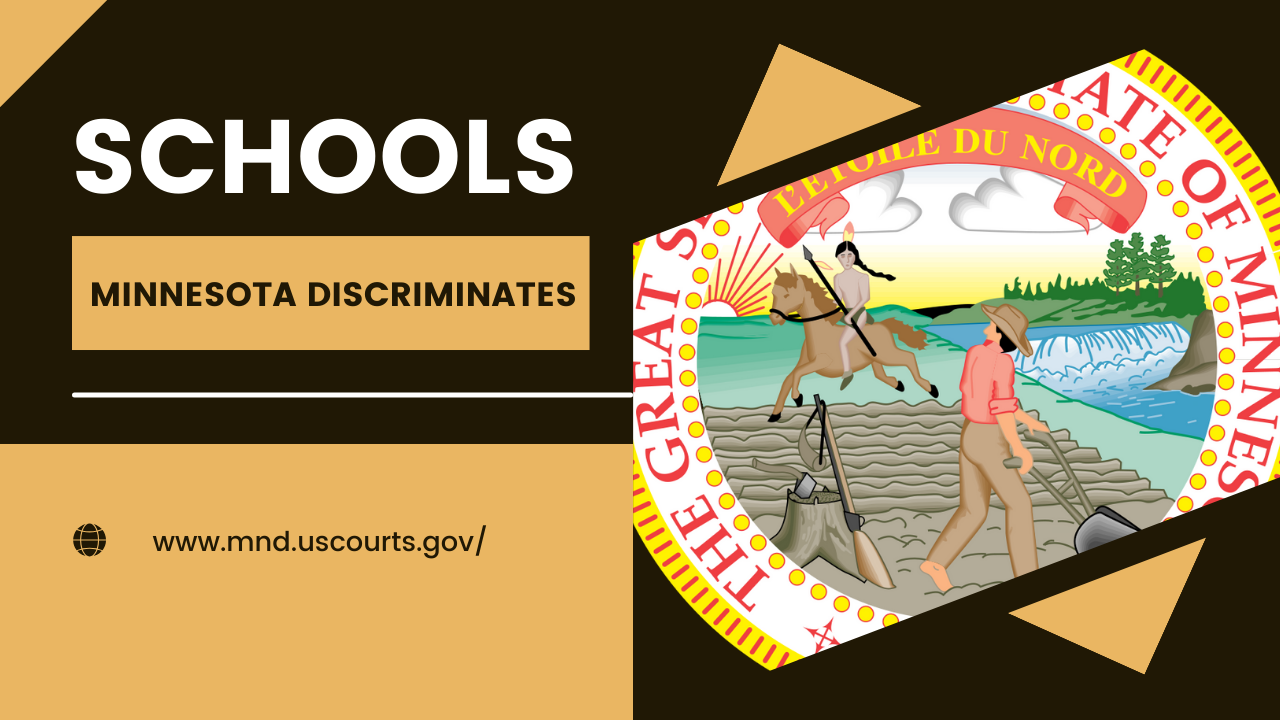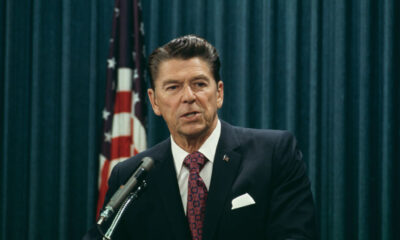Christianity Today
Minnesota discriminates against religious schools in program – lawyers
Two Christian schools and two Christian families are suing the State of Minnesota, alleging unconstitutional anti-religious discrimination.

Several religious schools in Minnesota are suing the State over discrimination in an education program by reason of faith.
How the Minnesota plan discriminates
Bob Unruh at WorldNetDaily has the details. Minnesota offers to help high school students earn college credits, in its Post Secondary Enrollment Options (PSEO) program. But Gov. Tim Walz (D-Minn.) signed into law a measure that excludes certain Christian schools. Schools run afoul of the new law if they require their students to sign statements of faith. The two schools the law currently bars are University of Northwestern-St. Paul and Crown College.
The PSEO program is more than forty years old. Until now parents understood that any student may attend any eligible public or private school of their choice.
The Becket Law Firm is recognizing Northwestern and Crown, plus two Christian families, in a lawsuit against Minnesota. Loe v. Walz, 0:23-cv-01527, in the U.S. District Court for the Minnesota District. (See also the case file at Becket.) The families are Mark and Melinda Loe, on behalf of their two children, and Dawn Erickson, on behalf of her child.
According to the complaint, Northwestern-St. Paul and Crown have accepted PSEO students for more than twenty years. Then Minnesota passed its new law, apparently with no rationale other than the statements of faith. At first Judge Nancy E. Brasel issued a preliminary injunction against the State, so that PSEO admissions could continue.
The counterclaim
But on July 7, State officials countersued, alleging civil rights violations by the two schools. Specifically the State accuses Northwestern-St. Paul and Crown of forcing students to:
- Set aside any religious faith contrary to the Christian faith of the two schools, and/or:
- “Disavow their sexuality or gender identity.”
In sum, the State now requires any PSEO participating school to accept all comers, including LGBTQ+ students. Minnesota seeks to strengthen that claim on the basis of the nearest non-religious PSEO school being 27 miles away. A student who could walk, say, to Crown, but had “no reliable transportation” to travel the 27 miles, suffers discrimination. That according to the theory of the counterclaim.
The State Department of Education makes issues of the traditional exclusive province of State government in providing free public K-12 education. The plaintiffs, on the other hand, cite Carson v. Makin and other Supreme Court precedents that forbid State or local governments to discriminate against religious families.
The two schools have filed a motion to dismiss the counterclaim. The court heard argument on those motions on November 6.
Terry A. Hurlbut has been a student of politics, philosophy, and science for more than 35 years. He is a graduate of Yale College and has served as a physician-level laboratory administrator in a 250-bed community hospital. He also is a serious student of the Bible, is conversant in its two primary original languages, and has followed the creation-science movement closely since 1993.
-

 Accountability3 days ago
Accountability3 days agoWaste of the Day: Principal Bought Lobster with School Funds
-

 Constitution2 days ago
Constitution2 days agoTrump, Canada, and the Constitutional Problem Beneath the Bridge
-

 Executive1 day ago
Executive1 day agoHow Relaxed COVID-Era Rules Fueled Minnesota’s Biggest Scam
-

 Civilization5 hours ago
Civilization5 hours agoWhy Europe Shouldn’t Be Upset at Trump’s Venezuelan Actions
-

 Civilization1 day ago
Civilization1 day agoThe End of Purple States and Competitive Districts
-

 Christianity Today4 hours ago
Christianity Today4 hours agoSurprising Revival: Gen Z Men & Highly Educated Lead Return to Religion
-

 Civilization5 days ago
Civilization5 days agoThe devil is in the details
-

 Civilization4 days ago
Civilization4 days agoThe Conundrum of President Donald J. Trump













Sounds like Minnesota is working to promote sodomy and other deviant behaviors. When one looks at the problems we have in the US it is rooted in the promotion of deviant behaviors, destruction of morals, and destruction of responsibility.